How to avoid costly litigation through alternate dispute resolution

By Me Alice Florian
The traditional conception of lawyers
Traditionally trial lawyers are viewed and expected to be “rights warriors” or zealous advocates. While some occasions may require aggressive action and skilful argument, the traditional conception of the role of a lawyer no longer satisfies the expectations of the client.
Whether it be matters of divorce, custody, child support, spousal support, employment law, or latent defects, the cost of litigation, its delays, long trials, complex procedures and other barriers are making it difficult for more and more Canadians to exercise their legal rights.
Access to Justice
The Honorable Justice Beverly McLachlin, Canada’s first woman to hold the position of chief justice of the Supreme Court of Canada, stated:
The most advanced justice system in the world is a failure if it does not provide justice to the people it is meant to serve. Access to justice is therefore critical. Unfortunately, many Canadian men and women find themselves unable, mainly for financial reasons, to access the Canadian justice system. Some of them decide to become their own lawyers. Our courtrooms today are filled with litigants who are not represented by counsel, trying to navigate the sometimes complex demands of law and procedure. Others simply give up.
Justice reform & Alternate Dispute Resolution
A need for a justice system that is accessible, responsive and citizen-focused has resulted in justice reform. This reform and growing trend has resulted in alternatives to litigation, namely, Alternate Dispute Resolution (ADR).
ADR focuses its approach on practical problem solving. One of the preliminary provisions and objectives of Quebec’s new Civil Code of Procedure states: to provide, in the public interest, means to prevent and resolve disputes and avoid litigation through appropriate, efficient and fair-minded processes that encourage the persons involved to play an active role.
The desire and capacity for collaborative dialogue and negotiation skills occupy a central role in the skill set of progressive lawyers who are not only skilled in trial advocacy, but also, settlement advocacy. By combining advocacy, legal expertise and consensus building, a problem solving approach to lawyering is a viable alternative to litigation.
Our approach
Our first objective with our clients, and the opposing party, is to prevent and resolve disputes and if possible avoid litigation. Actively engaging our client in this collaborative approach is efficient access to justice. By far, most of our cases settle favorably for our clients. How do we do this? How do we settle divorce, custody, employment law and latent defect cases? We will discuss our approach in more detail in our next blog. But, the underlying formula is simple. Namely, skilled advocacy and the sincere desire and capacity for collaborative dialogue. A problem solving approach to lawyering works. See how we do it, call Daniel Cooper or Alice Florian at (514) 534-0145 [ext 224].
This article is not intended to provide legal advice or opinion.
